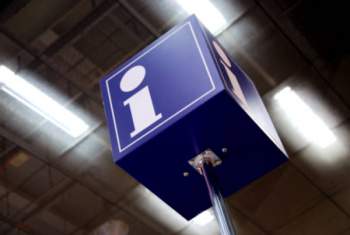
Beware of Willful Violation of Automatic Stay

Related Forms
Schedule B - Personal Property
Schedule C - Property Claimed as Exempt
Schedule D - Creditors Holding Secured Claims
Schedule E - Creditors Holding Unsecured Priority Claims
Schedule F - Creditors Holding Unsecured Nonpriority Claims
Schedule G - Executory Contracts and Unexpired Leases
Schedule I - Current Income of Individual Debtor(s)
Schedule J- Current Expenditures of Individual Debtor(s)
Summary of Schedules (Includes Statistical Summary of Certain Liabilities)
View AllIn case it is not understood by the reader, the principle of automatic stay is designed so that pretty much all debt collection actions should cease with the filing of an individual's petition for bankruptcy protection. Imaginably, applicant parties are not immune from some financial obligations that are not dischargeable, like domestic support and certain governmental taxes.
In addition, in the interim between the voluntary filing of a petition and creditors' receipt of notice of this maneuver, they may innocently attempt to proceed with normal debt collection operations. Upon official recognition by the court of the debtor's plight, however, and given issuance of that order to the named creditors, a moratorium must be placed on contacting the insolvent party with warnings that they must repay.
Effectively, except for the need-based debts owed to third parties, automatic stay bankruptcy protection is a "cease and desist" order to creditors. Foolhardy lenders and/or those without a working knowledge of bankruptcy law may not feel a strong impulse to stop trying to recoup lost monies from a broken financial engagement. Just the same, ignorance of the law is no excuse.
If creditors willfully attempt to effect debt collection past the date of recognition of an applicant's filing, the outcome of an adversary proceeding could see them paying restitution to the debtor-plaintiff, as well as all included court and attorney’s fees.
The law and precedent in adversary proceedings is a little more ambiguous when it comes to more recent technological advances in debt collection methods. For instance, in this day and age, creditors may issue notices of due payments through computers and may not be aware that these automatically-generated bulletins are being sent to debtors.
Instances of the "technical violation" defense working to creditors' favor, though, have been relatively few. In some cases, creditors (including the Internal Revenue Service) have tried to hide behind clerical errors as an excuse, even after two years of their persistence.
NEXT: Facts to Note About Judgments in Adversary Proceedings





















